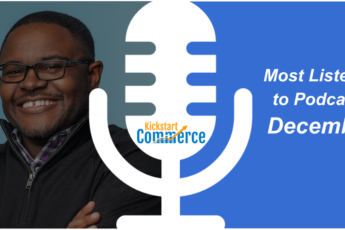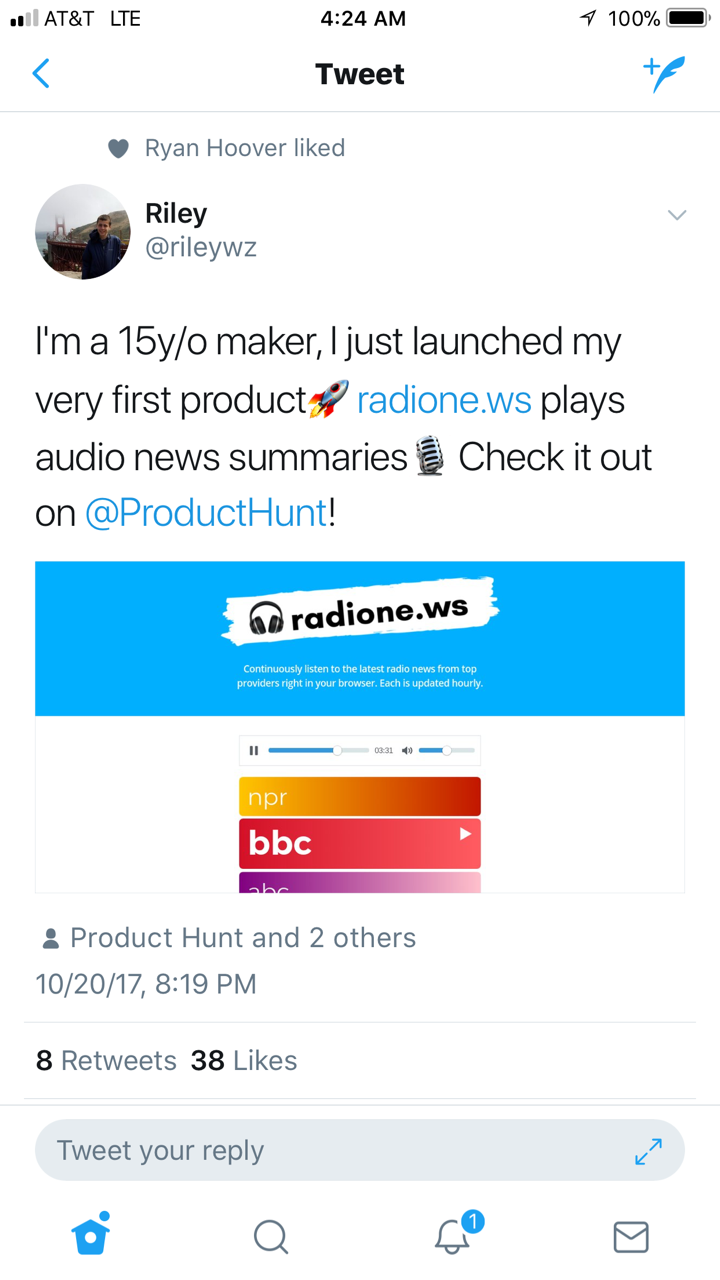The Death of the Home Page, Microsites and New Domain Extensions
Quick Summary of Contents
I recently read a Clickz.com article that I thought was quite interesting entitled “The Home Page Is Dead and Microsites Are the Future – What That Means for New gTLDs”.
It’s a very intriguing article based on the premise that website home pages are dying by the wayside due to more companies using microsites in the future to shorten the sales conversion process.
The author, Jennifer Wolfe, briefly discusses her experience of trying to book a hotel using Marriott.com.
In short, she was unable to to find the hotel that she walked past daily because the home page did not have an effective way to search for hotels and was organized in an ineffective manner.
So what did Wolfe do when met with an antiquated home page?
She did what everyone one of us would do: she booked another hotel from a nearby competitor!
Ouch! This is just one story so I can only imagine how many other times Marriott.com has lost business due to customers trying to perform the same simple action.
That said, think about your own website. Is your homepage a welcoming page that is organized in such a way that customers are finding what they need the most, or are their information needs buried deep within your website architecture?
After all, search has made us all lazy to a certain extent and once customers land on our website home page, we only have seconds to appeal to them in design, navigational flow and content that desperately answers their question in an expeditious manner.
How microsites are replacing the home page
Wolfe continues on to mention how microsites, YouTube channels, Google Maps, and Amazon are also replacing the home page.
One of the things that I’ve noticed in general as it relates to search is the need for businesses to try to use various partial and exact match domains to build microsites (a.k.a. minisites) and landing pages to rank well across search engines in an effort to lead potential customers to deep-seated pages of their primary website.
Some are successful using this tactic and not overdoing their website optimization, while I see a number of websites are penalized due to excessive cross-linking and over optimization of microsites and landing pages. Not to mention that most of the microsites are chocked full of low-quality content for the sole purpose of ranking across search engines.
How did new domain extensions become apart of the conversation?
Towards the end of her article, Wolfe makes a strong mention for brands using the new domain extensions or general top-level domains (gtlds).
If you haven’t heard about the new domain extensions, then I suggest you Google about it or read articles on the launching of gtlds or ntlds. In short, there are 1400+ domain extensions hitting the market in the next 12 months.
These new domain extensions are somewhat longer than the traditional .com extensions, using a variety of keywords. A few examples are .photography, .lawyer, .tips, .expert, .guru, .repair, .solutions, .land, to name a few.
As mentioned in Wolfe’s article, her viewpoint is that companies should invest in the new domain extensions to make it easier for consumers to find what they are looking for in their branded digital experience.
I can’t say that I fully agree with her viewpoint only because the new domain extensions are just that: new. It is very early in their existence to know which domains are going to be successful and withstand the test of time.
As I see them today, the new domain extensions are nothing more than confusing to the general public that has been accustomed to using primarily .com domain names, and .net and .org or country extensions as a part of their domains.
These new domain extensions are quite the paradigm shift for Internet users as a whole. This is not to say that they won’t be successful, but I do believe it will take 5-10 years before they truly become the norm.
So in closing, I can’t say that I agree with Wolfe that home pages are dead or dying just because new domain extensions are hitting the market.













